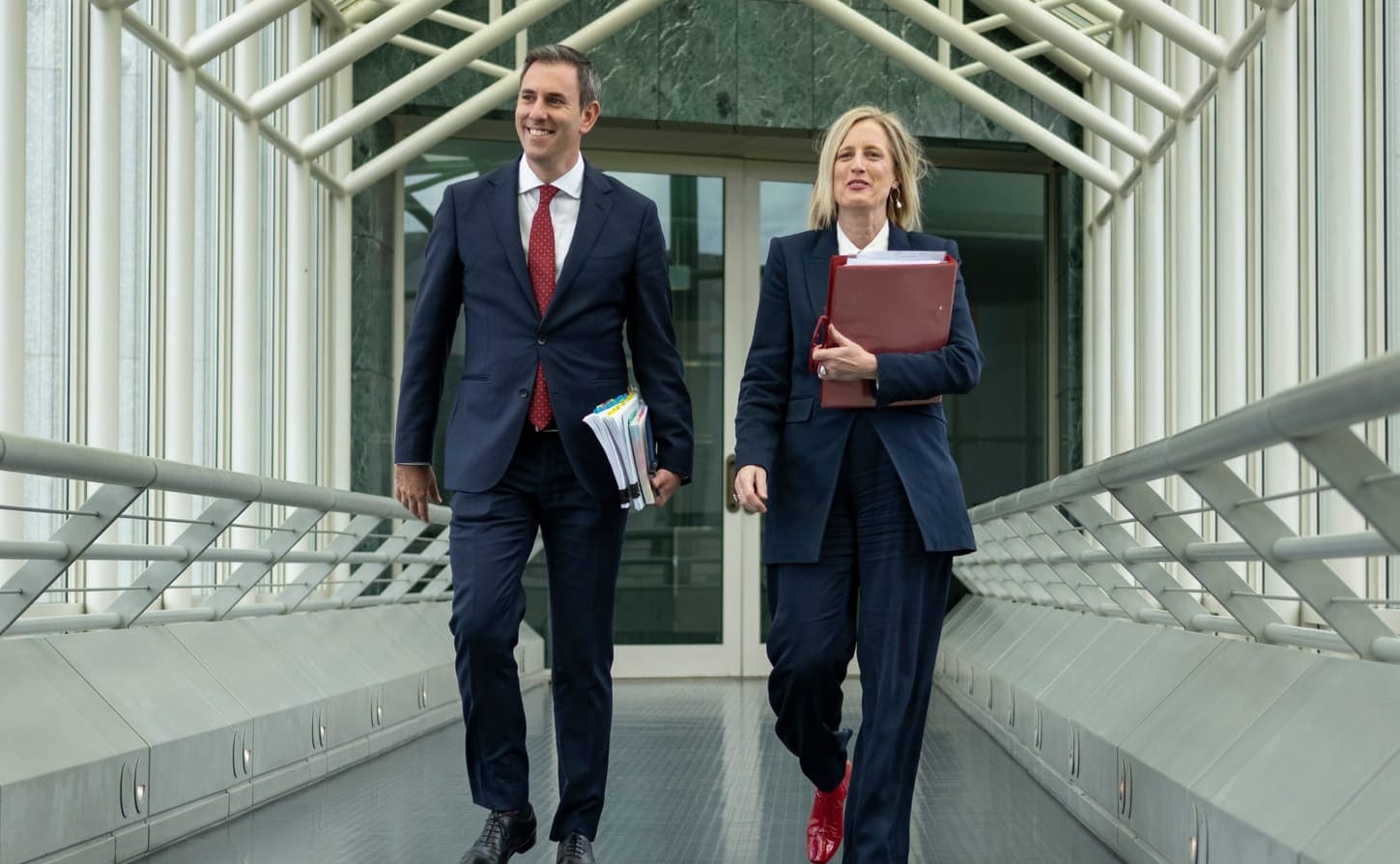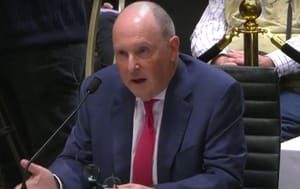Australia’s major wagering companies are set to be left out of pocket by a federal government decision to axe incentives aimed at research and development in the gambling industry.
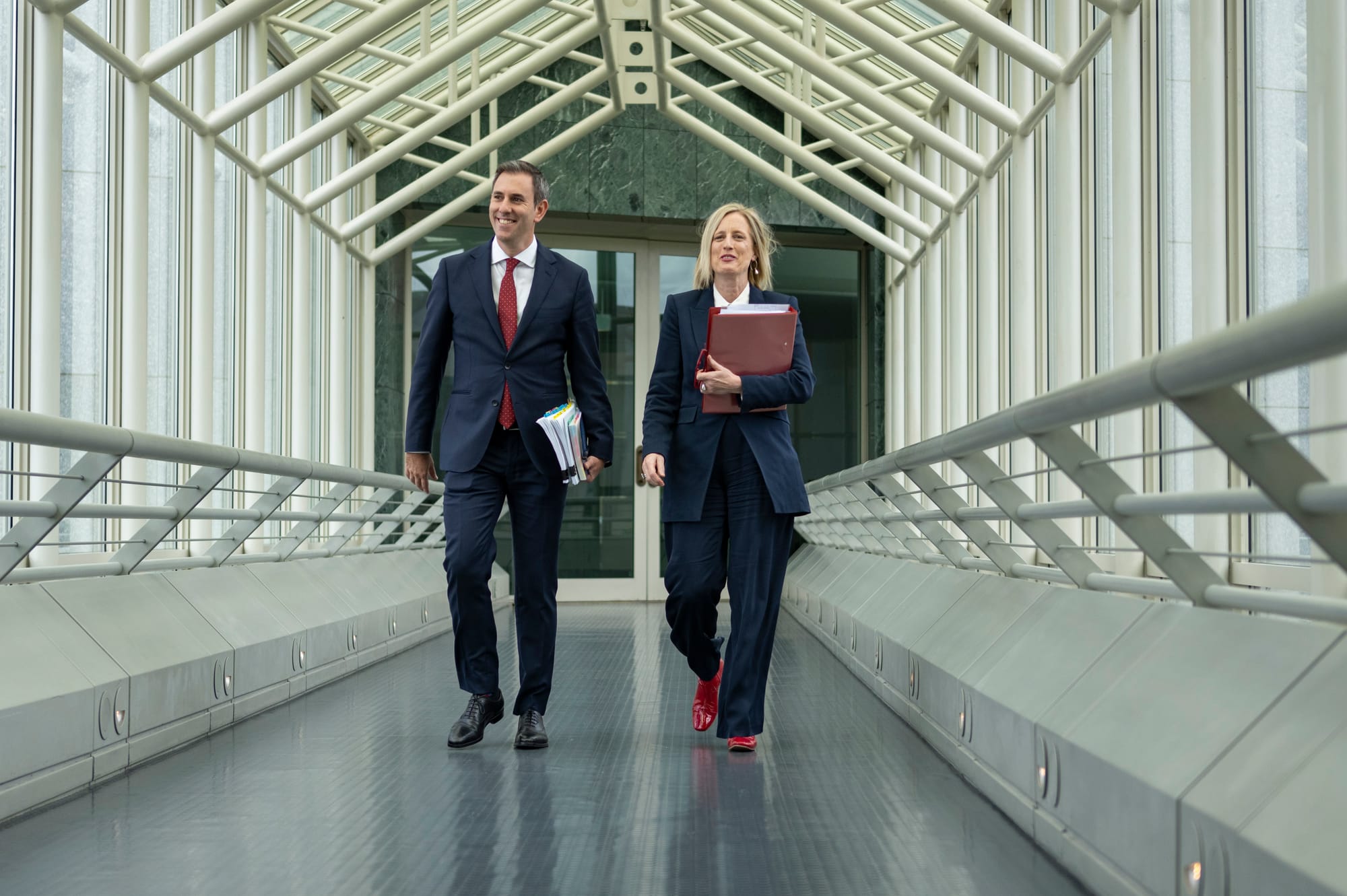
In announcing the decision, which is estimated to benefit the government around $10 million a year, federal treasurer Jim Chalmers said it didn’t want to utilise taxpayer funds to “exacerbate addiction”.
“Research and development activities related to gambling can exacerbate addiction and associated harms, while activities related to tobacco can increase health risks,” Chalmers wrote.
“Excluding these activities will ensure that the Government is not subsidising this type of research and development.”
The government said it would continue to support research and development in the responsible gambling or gambling treatment space.
“Activities that are solely for the purpose of harm reduction, such as reducing addiction, will remain eligible to receive support,” he wrote.
The new measures will kick in as of July 1, 2025, and are likely to impact several major wagering companies that have used the tax credit.
The Australian Tax Office confirmed last month that Tabcorp had spent $39.5 million on research and development under the scheme in 2020/21, while Pointsbet had spent close to $10 million.
Bet Odyssey and Betsharp also spent money on research and development under the credit scheme in that year, as did wagering solutions platform Betcloud.
Poker machine makers Aristocrat ($22.1 million) and Ainsworth Game Technology ($15 million) were among the biggest users of the incentives, which prompted an outcry that they were utilising public money to improve their betting products.
“I have a personal view about that, which is that it’s problematic,” Chalmers said when the data was released in November.
The treasurer has now made good on his promise to act, promising to end the gambling industry’s access.

Aushorse Investor’s Guide 2025
- More Races worth $1 million+ than Europe & America combined
- More than 140,000 Australians involved in racehorse ownership
Responsible Wagering Australia, the lobby group for many of Australia’s wagering service providers, lashed the decision saying it created risks for Australian jobs, innovation and investment.
“Our industry was not consulted by the Government on this decision – this is not how governments should engage with industry and it’s not the way to achieve effective policy outcomes,” CEO Kai Cantwell said.
“The Government’s announcement sets a dangerous precedent for how tax policy could be misused in the future – today it’s gambling companies being targeted, but any industry could be next if it’s used as a bargaining chip or horse-traded in future political deals.”
“This slippery slope opens the door for tax policy to become a tool of moral judgment rather than a driver of economic growth.”
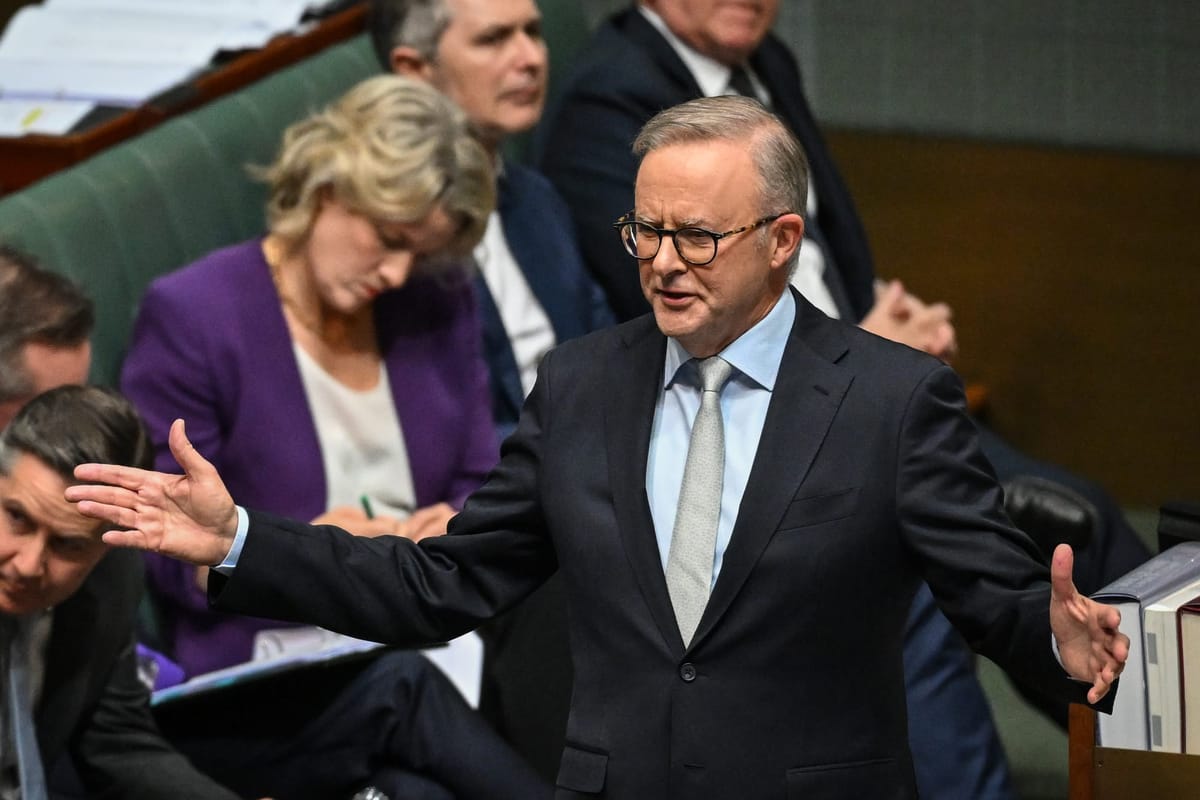
Kantwell said the decision undermined the industry agnostic nature of the tax system.
“If I represented fast food, alcohol, fossil fuels or any other industry that face similar criticisms, I’d be worried. This cherry-picking approach undermines the neutrality of the tax system and leaves businesses guessing who will be targeted next,” he said.
RWA said in its statement that the online wagering industry directly supports 80,000 jobs, generates over $6 billion annually to the Australian economy and contributes more than $2 billion in taxes and levies each year.
“Australia’s R&D framework should be encouraging investment in Australia, but this decision risks driving R&D jobs to countries that offer more supportive incentives,” Cantwell said.
“The Government should collaborate with wagering companies to enhance safety for Australians and sustainability for the industry.
“This has been the focus of the industry for years, and RWA will continue to invest in consumer protections, with or without government support.”
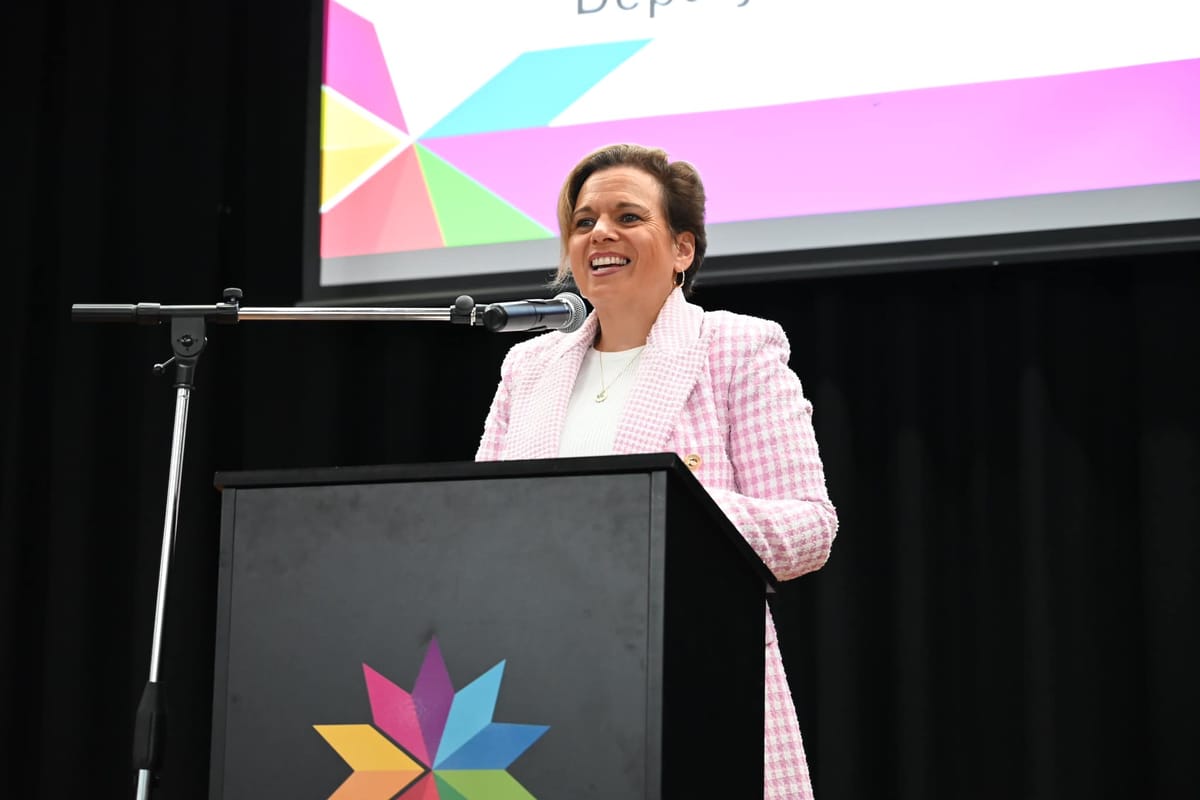
The reasoning of the decision is certainly a concern for the wagering industry as the federal government mulls changes to the rules surrounding gambling advertising.
Cantwell has called for the decision to be reviewed.
“RWA calls on the Government to reconsider this exclusion and engage in meaningful consultation with industry stakeholders to ensure tax policy supports innovation, economic growth, and jobs,” he said.

